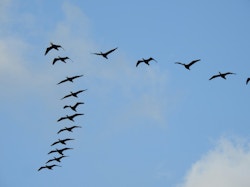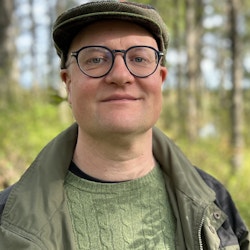Exploring Citizen Science: History, Methods, and Impact.
We launched our Una Europa Citizen Science Podcast series with an episode about a project in the city of Leuven, Belgium, where a team of experts and citizens are working to improve live-saving measures in case of medical emergencies. For our second episode, we want to look at the bigger picture and understand what is specific to citizen science as a method for conducting research and a practice that brings together academics and citizens. To present a selection of key aspects, we compiled central points from interviews taken from Una Europa’s Citizen Science Toolkit. Our experts there will not only tell you about their fascinating citizen science projects – they will also explain how research projects can be co-designed by academics and citizens; describe the intricacies of data collection and crowdsourcing; and illustrate how citizens themselves can benefit from actively participating in citizen science projects and how this can have a transformative power for their everyday lives.
The second part of this episodes focuses on a lesser-known dimension of citizen science: it's history. Undoubtedly, over the course of history the distinction between scientists and citizens has become more reinforced – with the overall specialisation of science, standardisation and formalisation of scientific education, and proliferation of scientific career options. Our expert from Helsingin yliopisto/Helsingfors universitet turns to bird ringing as a specific example which shows how scientific data can be collected by volunteer citizens to gather more information about bird populations, habitats, and migration routes – and by extension about environmental issues and climate conditions. Notably, the practice of bird ringing dates back over 100 years, in Finland and other European countries.
Tune in to our newest podcast episode and broaden your horizon about citizen science, get to know fascinating projects from our experts, and explore the historical practice of bird ringing, which has relied on citizen volunteers for over a hundred years. If our podcast episode hasn't satisfied your appetite for knowledge, you can find a lot more perspectives and information on citizen science in our Una Europa Citizen Science Toolkit.
" One of the major tasks in my projects is understanding the biases that exist in this data. How is the data generated? What kind of in-built features or phenomena [exist], which impact on its re-use and on its quality? It makes for quite a rich and interesting body of material which has the potential to both tell us about Finnish archaeology, the Finnish past, but also about how people engage with cultural heritage today in their modern lives. "
Eljas Oksanen, Helsingin yliopisto/Helsingfors universitet on biases in data collected in citizen science projects.





